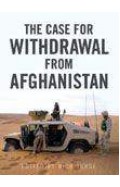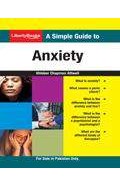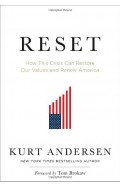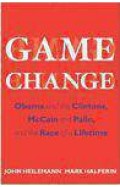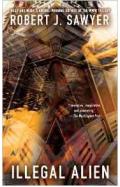Defending America - Military Culture and the Cold War Court-martial
By: Elizabeth Lutes Hillman
-
Rs 1,782.00
- Rs 1,980.00
- 10%
You save Rs 198.00.
Due to constant currency fluctuation, prices are subject to change with or without notice.
We're offering a high
discount on this book as it is slightly damaged
From going AWOL to collaborating with communists, assaulting fellow servicemen to marrying without permission, military crime during the Cold War offers a telling glimpse into a military undergoing a demographic and legal transformation. The post-World War II American military, newly permanent, populated by draftees as well as volunteers, and asked to fight communism around the world, was also the subject of a major criminal justice reform. By examining the Cold War court-martial, Defending America opens a new window on conflicts that divided America at the time, such as the competing demands of work and family and the tension between individual rights and social conformity. Using military justice records, Elizabeth Lutes Hillman demonstrates the criminal consequences of the military's violent mission, ideological goals, fear of homosexuality, and attitude toward racial, gender, and class difference. The records also show that only the most inept, unfortunate, and impolitic of misbehaving service members were likely to be prosecuted. Young, poor, low-ranking, and nonwhite servicemen bore a disproportionate burden in the military's enforcement of crime, and gay men and lesbians paid the price for the armed forces' official hostility toward homosexuality. While the U.S. military fought to defend the Constitution, the Cold War court-martial punished those who wavered from accepted political convictions, sexual behavior, and social conventions, threatening the very rights of due process and free expression the Constitution promised.
We're offering a high
discount on this book as it is slightly damaged
From going AWOL to collaborating with communists, assaulting fellow servicemen to marrying without permission, military crime during the Cold War offers a telling glimpse into a military undergoing a demographic and legal transformation. The post-World War II American military, newly permanent, populated by draftees as well as volunteers, and asked to fight communism around the world, was also the subject of a major criminal justice reform. By examining the Cold War court-martial, Defending America opens a new window on conflicts that divided America at the time, such as the competing demands of work and family and the tension between individual rights and social conformity. Using military justice records, Elizabeth Lutes Hillman demonstrates the criminal consequences of the military's violent mission, ideological goals, fear of homosexuality, and attitude toward racial, gender, and class difference. The records also show that only the most inept, unfortunate, and impolitic of misbehaving service members were likely to be prosecuted. Young, poor, low-ranking, and nonwhite servicemen bore a disproportionate burden in the military's enforcement of crime, and gay men and lesbians paid the price for the armed forces' official hostility toward homosexuality. While the U.S. military fought to defend the Constitution, the Cold War court-martial punished those who wavered from accepted political convictions, sexual behavior, and social conventions, threatening the very rights of due process and free expression the Constitution promised.
Defending America - Military Culture and the Cold War Court-martial
By: Elizabeth Lutes Hillman
Rs 1,782.00 Rs 1,980.00 Ex Tax :Rs 1,782.00
Zubin Mehta: A Musical Journey (An Authorized Biography)
By: VOID - Bakhtiar K. Dadabhoy
Rs 892.50 Rs 1,050.00 Ex Tax :Rs 892.50
Myths Illusions and Peace: Finding a New Direction for America in the Middle East
By: Dennis Ross
Rs 766.50 Rs 1,095.00 Ex Tax :Rs 766.50
Reset: How This Crisis Can Restore Our Values and Renew America
By: Kurt Andersen
Rs 450.00 Rs 500.00 Ex Tax :Rs 450.00
How To Win A Cosmic War God Globalization And The End Of War
By: Reza Aslan
Rs 625.50 Rs 695.00 Ex Tax :Rs 625.50
Game Change Obama And The Clintons McCain And Palin And The Race Of A Lifetime
By: John Heilemann
Rs 715.50 Rs 795.00 Ex Tax :Rs 715.50
Londonistan: How Britain is Creating a Terror State Within
By: Melanie Phillips
Rs 170.00 Rs 200.00 Ex Tax :Rs 170.00
No similar books from this author available at the moment.
Zubin Mehta: A Musical Journey (An Authorized Biography)
By: VOID - Bakhtiar K. Dadabhoy
Rs 892.50 Rs 1,050.00 Ex Tax :Rs 892.50
Defending America - Military Culture and the Cold War Court-martial
By: Elizabeth Lutes Hillman
Rs 1,782.00 Rs 1,980.00 Ex Tax :Rs 1,782.00












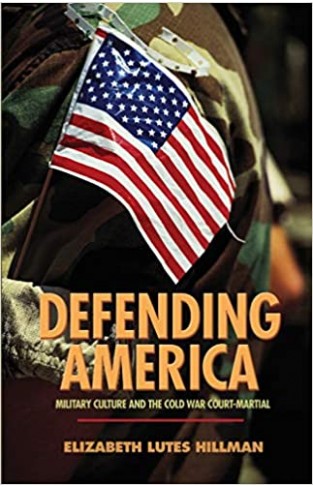
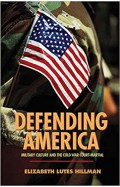
-120x187.jpg?q6)







